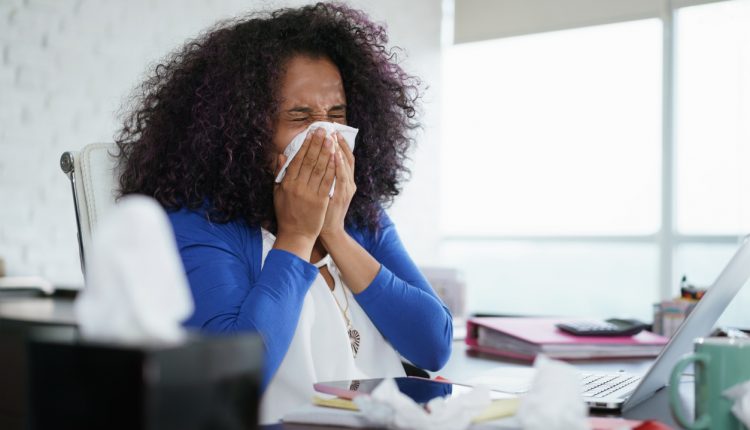Flu & Illness: What Are an Employee’s Rights at Work?
As the sickness is highly contagious, workplace absences are inevitable and it’s important that businesses are aware of their employees’ rights.
At the end of December and start of January, an outbreak of winter vomiting bug norovirus was reported by Public Health England – and NHS England advised people who caught the illness to stay at home to prevent it spreading.
Laura Kearsley, partner and solicitor in the employment team at East Midlands-based law firm Nelsons, answers the most important questions companies should be asking about employee illness, flu or other viruses such as norovirus.
The NHS advises employees to stay at home for a further two days after sickness has stopped to avoid infecting others with the virus – in these cases, what do employers legally need to provide?
Employees who are feeling better but who are still off work due to infection concerns are still considered to be off sick. The NHS advice is sound – employers and colleagues do not want bugs to spread in the workplace, something that is particularly important when it comes to industries such as catering, food production and retail.
While it is not compulsory to follow the NHS’ advice, employers should have policies in place that set out what employees are expected to do if they are sick and what pay they will receive for a sickness absence. This could also include information stating that employees who have suffered with sickness or stomach upset are expected to remain at home for a certain time while they might be contagious.
Another important thing for employers to do is to make sure that people who are ill are taking sick leave rather than attending work while unwell and making themselves worse or spreading germs.
How should employees be reporting their absence?
It is important that your employees report their illness in advance of the time they start work. You should have a specific policy in employee contracts or handbook setting a deadline and designated person who members of staff should call.
When do employees need to produce a note from their GP?
If an employee is ill for seven calendar days or more, they will need to supply you with a GP’s fit note as evidence of their illness. For absences of seven days or less, staff members can self-certify and employers may ask employees to complete a self-certification form upon their return to work.
When is an employee entitled to sick pay?
Those who are employed, earning at least £113 a week and have been off work for four consecutive days, are entitled to statutory sick pay (SSP). The current rate of SSP (February 2018) is £89.35 per week and can be paid for up to a maximum of 28 weeks for the days employees usually work. SSP is payable after three ‘waiting days’ of absence.
It is up to employers – and should be set out in contracts – whether they pay more than SSP and if they do, on what basis. For example, payment of full or half pay during sick leave might depend on whether an employee has passed their probationary period.”
Should I be contacting employees during sick leave?
There is no rule that says an employer cannot contact an employee during a period of sick leave. Many employers genuinely care about the welfare of their staff and like to stay in touch on that basis. You may also want to be kept up to date on the likely period of absence so you can plan workflow and cover accordingly.
However, contact should be handled sensitively, particularly where someone is suffering from mental health problems or work-related stress and might find regular contact from their employer distressing.
Where possible, it is a good idea to seek to agree on a level of contact during sick leave that is acceptable to both parties.




